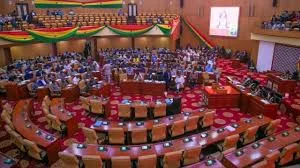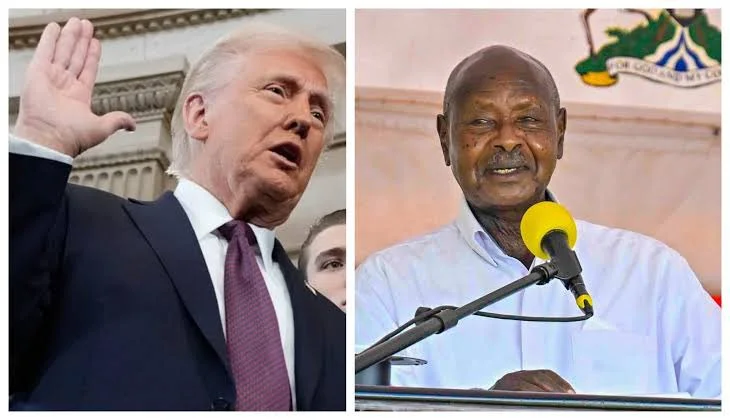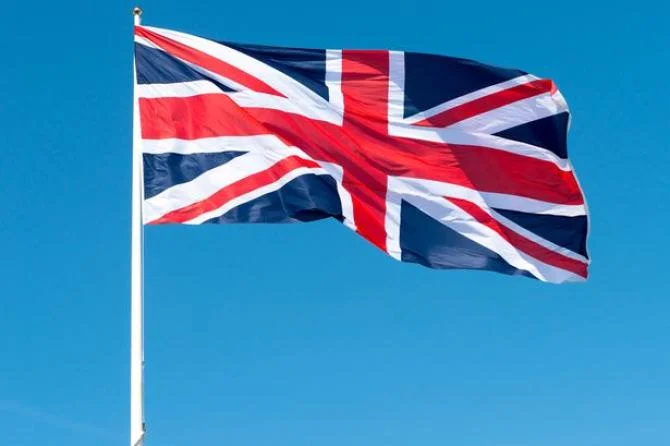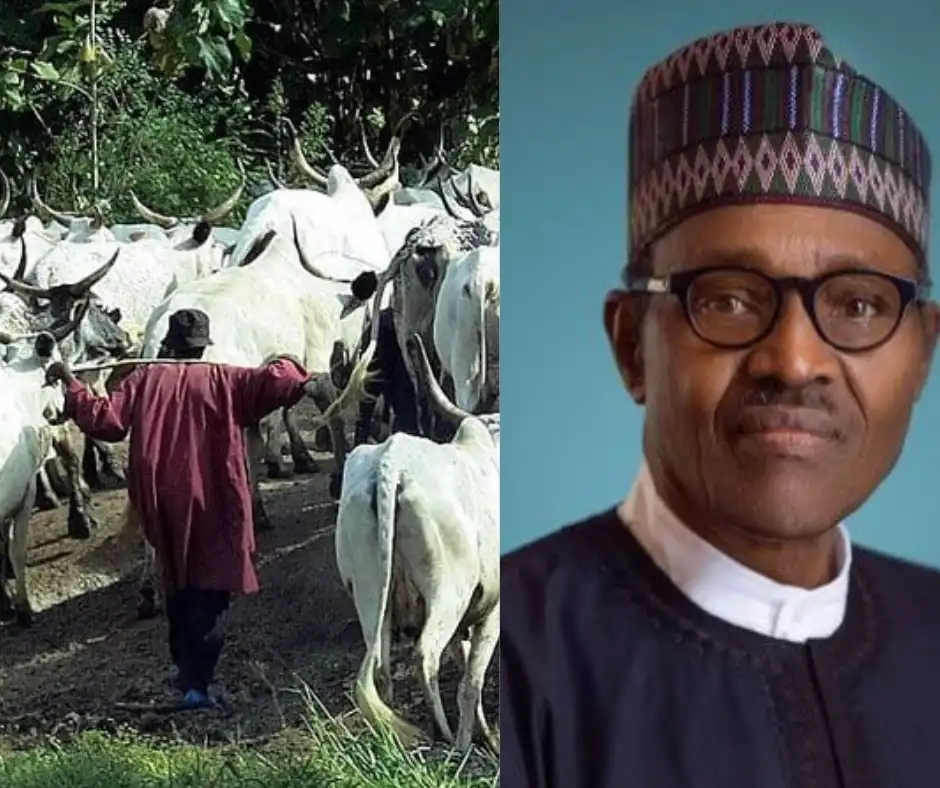 Ghana’s Parliament has officially approved the 2022 national budget today following intense debates and opposition pushback. The budget, which includes new revenue-generating measures such as the controversial e-levy on electronic transactions, was passed with the ruling New Patriotic Party (NPP) securing a majority vote in the legislative chamber. The opposition National Democratic Congress (NDC) fiercely criticized the budget, citing concerns over tax burdens on ordinary citizens.
Ghana’s Parliament has officially approved the 2022 national budget today following intense debates and opposition pushback. The budget, which includes new revenue-generating measures such as the controversial e-levy on electronic transactions, was passed with the ruling New Patriotic Party (NPP) securing a majority vote in the legislative chamber. The opposition National Democratic Congress (NDC) fiercely criticized the budget, citing concerns over tax burdens on ordinary citizens.
The e-levy, set at 1.75%, has been a major point of contention, with the government arguing it is necessary to boost revenue for infrastructural projects, including road construction and digital infrastructure. However, opposition lawmakers argue that the levy would disproportionately affect low-income Ghanaians, further widening the economic divide. Minority leader Haruna Iddrisu described the levy as “regressive” and called for its removal during the debate.
Despite opposition efforts to halt the budget’s passage, the majority of NPP members rallied behind Finance Minister Ken Ofori-Atta, who presented the budget in November 2021. Ofori-Atta defended the budget as crucial for Ghana’s post-pandemic recovery, emphasizing that it would create jobs, increase investment in youth entrepreneurship, and stabilize the economy. He also mentioned the government’s commitment to expanding the “YouStart” initiative, aimed at promoting youth-led businesses.
Speaker of Parliament Alban Bagbin facilitated the voting session, which proceeded despite a boycott by several NDC MPs, further highlighting the political tensions surrounding the fiscal policy. The approved budget also outlines key provisions for education, health, and security sectors, with the government allocating increased funds to fight cybercrime and improve healthcare facilities.
The NDC has vowed to continue opposing the budget, promising further discussions in Parliament, particularly regarding the e-levy, which remains highly unpopular among certain sectors of society. As the government prepares to implement the new budget measures, analysts predict economic and social impacts will unfold as Ghana navigates its fiscal policies in the coming months.






















